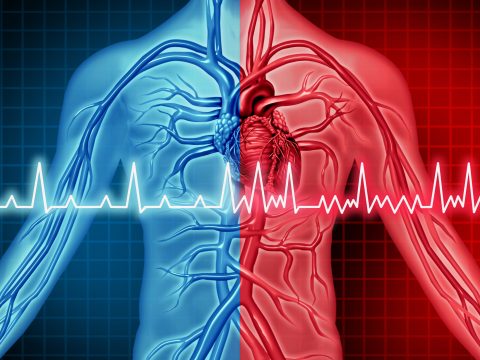What is an Arrhythmia?
An arrhythmia is an irregular heartbeat. If a person has an arrhythmia, their heart may beat too fast, too slow, too early or with an irregular rhythm. While most cases of arrhythmias are harmless, a highly irregular heartbeat may cause severe symptoms if left untreated.
Symptoms of an Arrhythmia
- Fatigue or weakness
- Dizziness
- Lightheadedness
- Fainting or near-fainting spells
- Shortness of breath
- Chest pain
- Chest pressure
- Cardiac arrest, in extreme cases
What is Atrial Fibrillation?
Atrial fibrillation is one of the most common forms of arrhythmias. It causes the upper chambers of the heart to quiver and get out of sync with the bottom chambers of the heart. However, atrial fibrillation, or AFib, can place you at high risk for heart attack and stroke if left untreated.
Symptoms of an Atrial Fibrillation
Some patients with AFib may have no symptoms with their condition only being detectable with a physical examination. However, others may experience symptoms like other arrhythmias above.
How Heart Attack Symptoms Differ From AFib Symptoms
A sense of fluttering and heart palpitations are some of the most noticeable symptoms of AFib, but those may be mistaken for heart attack symptoms. Heart attacks may cause chest pain, shortness of breath and discomfort in other areas of the body, such as the arms, back, neck or jaw.
If you ever think you may be having a heart attack, seek IMMEDIATE medical attention by calling 911.

